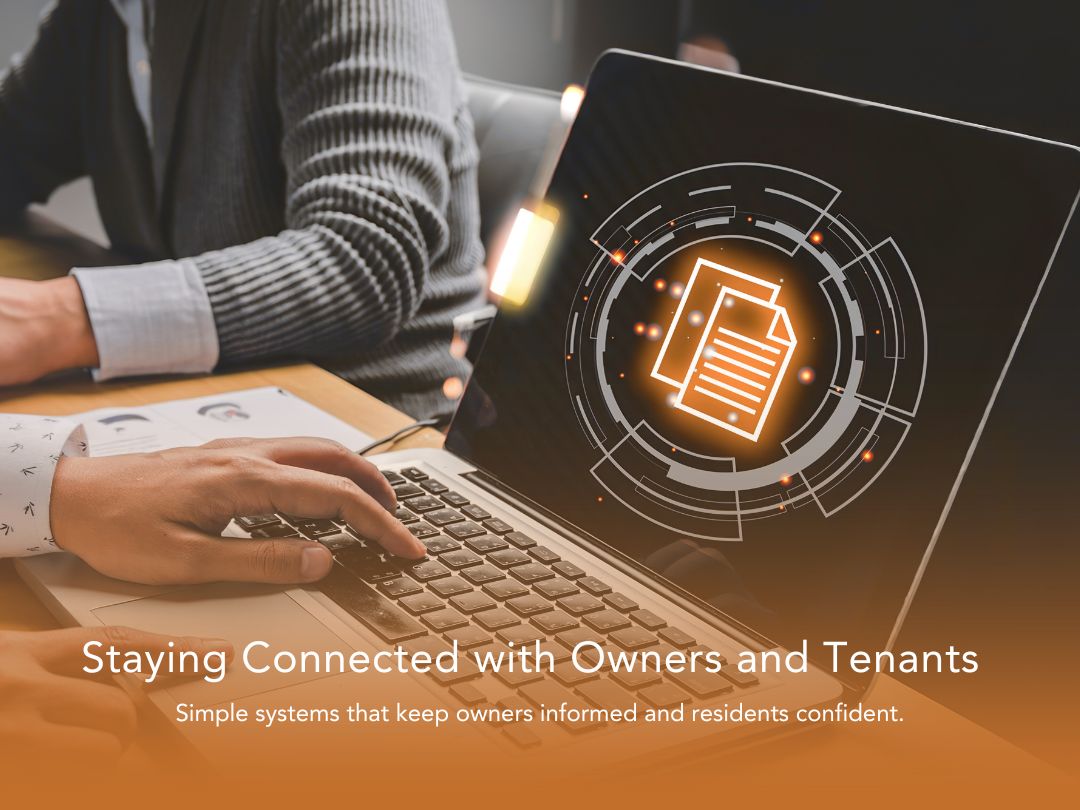Turn on the controller: First, turn on the controller by pressing the power button or plugging it in. You should see the display light up.
Set the date and time: Use the arrow buttons to navigate to the date and time settings, then use the number buttons to enter the correct date and time. Press "Enter" to save the settings.
Set the watering schedule: Use the arrow buttons to navigate to the watering schedule settings. You can set the days and times that you want your sprinklers to water, as well as the duration of each watering session.
Set the zones: Next, you'll need to set up the zones for your irrigation system. Use the arrow buttons to navigate to the zone settings, then use the number buttons to assign each zone a number and set the watering time for each zone.
Save the settings: Once you have set up all of the watering schedules and zones, press "Save" to save the settings.
Test the system: Once the programming is complete, you should test the system to make sure that everything is working properly. You can manually activate each zone to check that the sprinklers are turning on and off correctly.
If you have any questions or need further assistance, please let us know and we will send a technician out to take a look.
Technology is part of every aspect that touches our everyday lives. There’s no escaping it; we all have mobile phones and computers and a wide range of electronic devices that are pretty intuitive to what we need and want.
Stop surprise repairs with a simple, seasonal plan. Set clear response times, log fixes, and keep small issues from growing and repair budget steady.
When managing rental properties, efficient property maintenance is key to providing a positive experience for landlords and tenants. Timely and effective repairs not only keep the property in top condition and contribute to tenant satisfaction and retention.
Winter brings a predictable dip in renter activity, but it does not have to sink results. Here is how to navigate the season, sharpen marketing, and use incentives wisely.
Communication is the backbone of property management. Owners want clarity on performance and cash flow. Residents want quick answers and visible progress on requests. The right mix of tools and habits turns communication from a pain point into an advantage.
Busy days calm down when the right tools do the heavy lifting. Here’s how our stack speeds leasing, maintenance, payments, and reporting without adding noise.
Property management is an economic engine in Boise. From steady housing supply to vendor jobs and safer, well-kept neighborhoods, the ripple effects touch residents, owners, and local businesses.
The right software won’t run your business for you, but it will clear roadblocks: rent gets paid on time, work orders stop slipping, and your books match reality. Here’s a straightforward way to evaluate options if you manage rentals in Boise and the Treasure Valley.
Dive into the future of property management in Boise, Idaho, and discover how technology is reshaping the industry. Learn how to leverage the latest trends to future-proof your business, improve tenant satisfaction, and stay ahead of the competition.
A year-round approach to pricing, amenities, maintenance, and communication that reduces vacancy and grows resident satisfaction.
Boise’s seasons change—your playbook can stay simple. Prep the property, plan your leasing moves, and communicate clearly with residents. Use this quick guide to keep cash flow steady from winter to fall.
Learn key factors to consider when choosing a property management company, from reputation and communication to legal compliance and technology integration.













